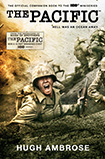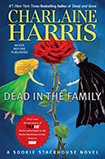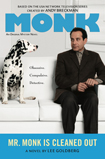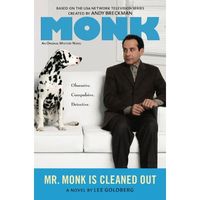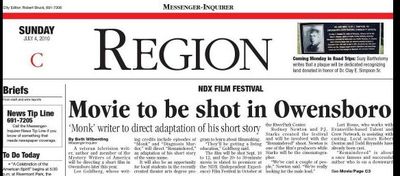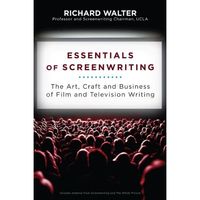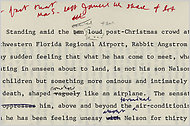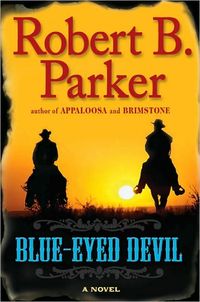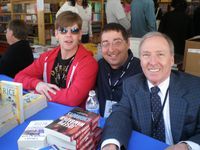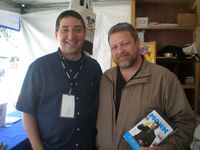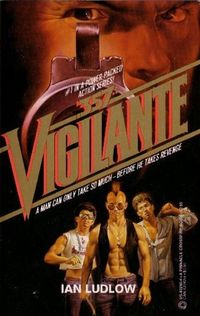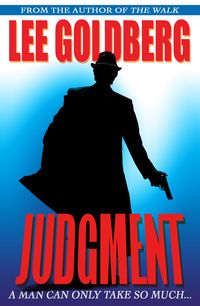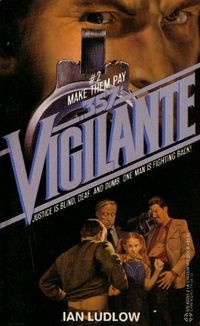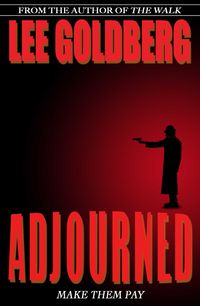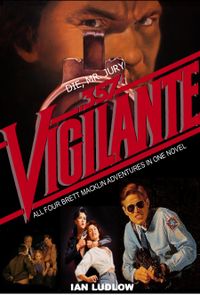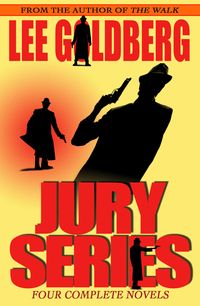My grandfather owned a furniture store and wanted me to go into the business. I wanted to be a writer. His feeling was furniture was a solid career..that everybody needs to sit somewhere, they don't need to read a book. I argued that what they are doing while they are sitting in that comfy chairs is reading a book or watching TV. But he was right about one thing, it isn't easy making a living as a writer. As author Susanne Dunlap laments on her blog, it's still tough even if you've managed to get published by two major houses.
my books are timed to come out roughly annually. Based on the advances I have been given for them, each book provides about a quarter of what I require to live on. Even if I gave up my Brooklyn residence and returned to Northampton, I would change that equation to about a third of what I require—which includes debt amassed while going to graduate school and simultaneously raising a family, helping my daughters through the rigors of adult life etc. etc.
So what is an author to do? She thought about putting some of her unpublished work, like the sequel to one of her published books, on the Kindle, but her agent scared her off of doing that.
I cruised around on my hard drive and flirted wistfully with the idea of e-publishing a few unwanted manuscripts, complete books that are very near to my heart but for one reason or another were not taken up by either my adult publisher, Simon & Schuster, or my YA publisher, Bloomsbury. Something held me back, though. And when I exchanged emails with my agent my doubts were confirmed. His advice was to trust that Bloomsbury is working to develop my career by bringing books out in a way that they will not compete with each other, and that self-publishing anything would undermine their sales and probably make me persona non grata.
Personally, I think her agent is full crap…and is wrong to counsel her, particularly in these tough economic times, not to take advantage of an opportunity to make more money off of her writing…especially if it costs her nothing. He's being an ass.
Yes, it would hurt her career if she put a bad book on the Kindle. But if her books are at the same level as her published work, and will satisfy her readers (particularly if she's written an unpublished sequel to a previous book), the only downside is for him…and the commissions he won't be getting on her work. It will not make her "persona non grata" with publishers. That's just absurd. If her publishers wanted the books so bad, they could have published them. They can't hold it against her that she's found other markets for the work. Would she be "persona non grata" if she sold the books they passed on to another publisher?
I also think that his argument, that she should rely on a publisher to shape and craft her career, is ridiculous. It's her career…she's the one who should be deciding the course to take. They are only thinking of their own needs…not hers. He should know that.
My agent has no problem with me putting my out-of-print work on the Kindle. Sure, she wishes she had a percentage of those sales (and some agents are talking about adding such a clause into their agency contracts) but she sees it as a new revenue stream for books that were otherwise played out.
I don't know how she'd feel if I decided to put my next book on the Kindle if she's unable to sell it. My guess is that if she believed in the book, and thought it was good, she wouldn't mind on a creative level…but might resent not sharing in the rewards of something she worked hard to sell but wasn't able to.

